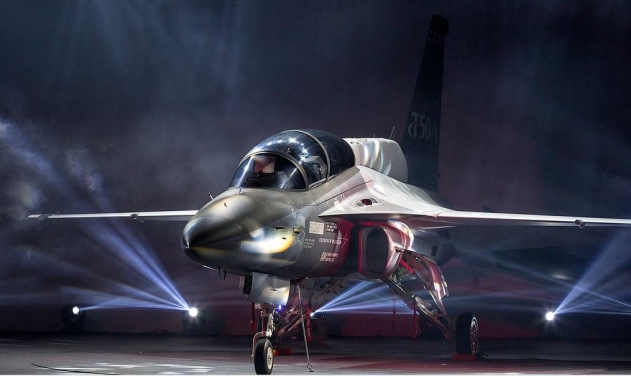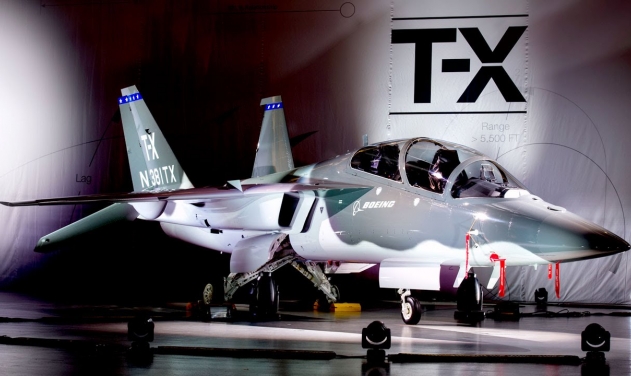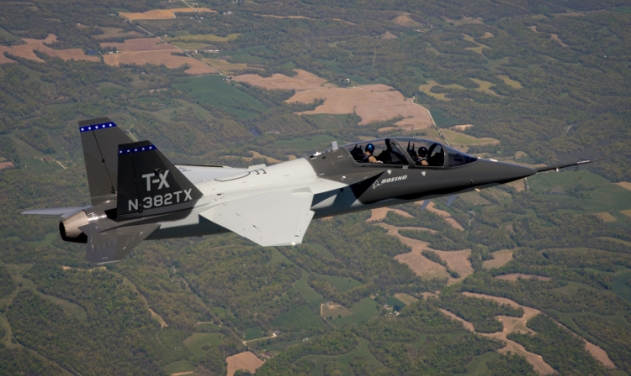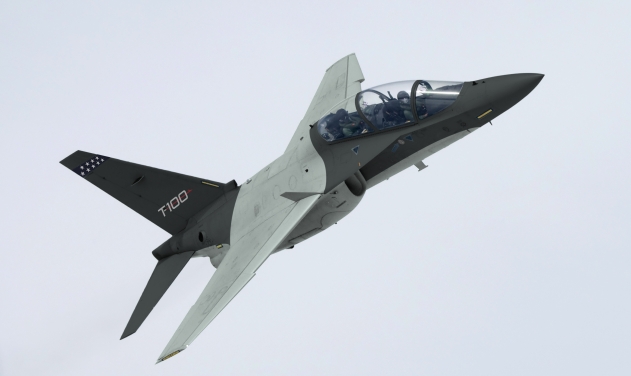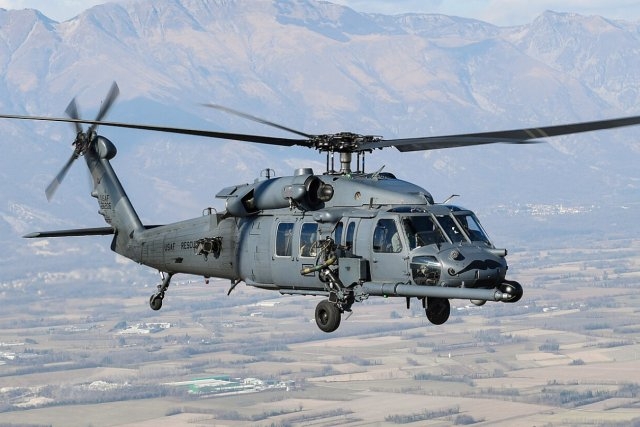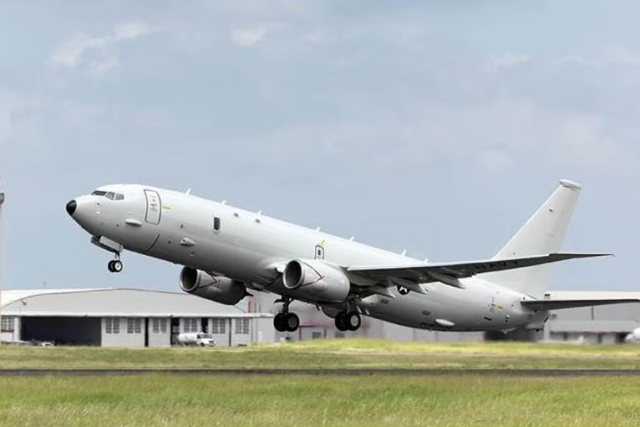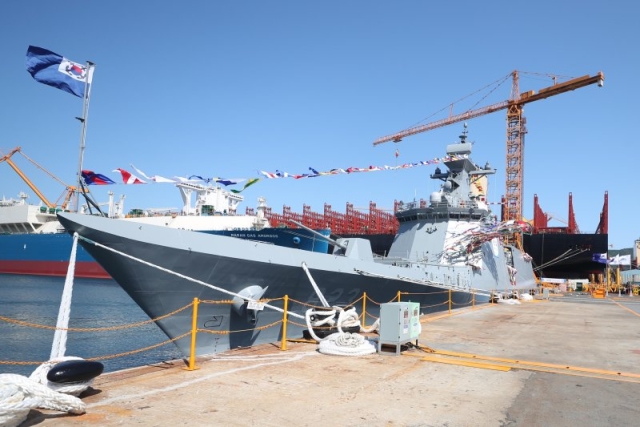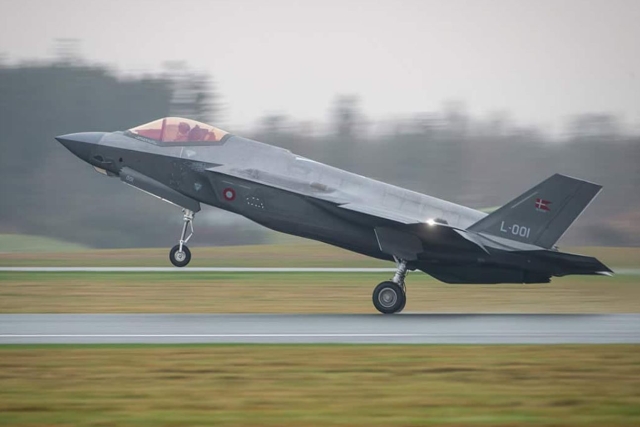Boeing-Saab Beat Lockheed-KAI to Win $9.2B USAF Next-Generation Training Jet Contract
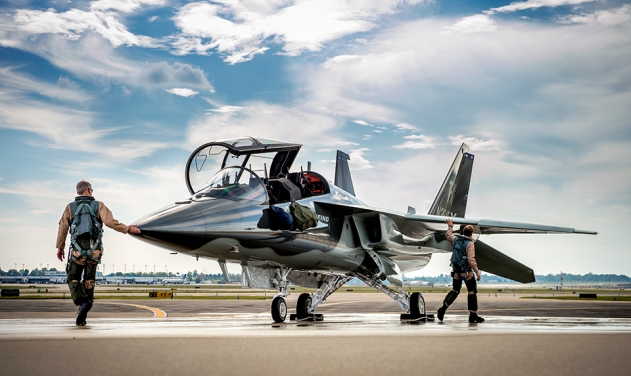
A Boeing-Saab partnership has won $9.2 billion contract for the United States Air Force Advanced Pilot Training aircraft and ground-based training systems beating Lockheed-KAI consortium and Leonardo DRS.
The contract provides for the anticipated delivery of 351 aircraft, 46 associated training devices, and other ancillary supplies and service (e.g., initial spares, support equipment, sustainment, and training).
The contract includes the initial delivery order for engineering and manufacturing development of Advanced Pilot Training aircraft and ground-based training systems for $813 million. The maximum quantity of aircraft and training devices the Air Force can purchase under this indefinite-delivery/indefinite-quantity contract is 475 aircraft and 120 ground based training systems.
Work is expected to be complete by 2034.
Saab has offered to establish manufacturing and production capability in the United States for its Boeing/Saab T-X advanced trainer aircraft. The production capability includes solutions for radar and sensors, signature management, training and simulation, and support services as well as for high resolution 3D mapping, air traffic management and homeland security.
The Boeing T-X aircraft has one engine, twin tails, stadium seating, and an advanced cockpit with embedded training. The all-new, purpose-built design offers flexibility to evolve as technology, missions, and training needs change, Boeing had said in a statement in April last year when the second prototype took to the skies.
Among the bidders for the T-X program, Northrop Grumman and BAE Systems decided not to submit a proposal for the US Air Force T-X Trainer program after carefully examining requirements and acquisition strategy as stated in the final request for proposals issued on Dec, 30, 2016.
Raytheon and Leonardo had jointly announced that they would not be participating in the US Air Force T-X trainer acquisition program in January last year. In February, Raytheon backed out and Leonardo decided to pursue the competition alone with its T-100 integrated Training Systems.
